[Qing Tuo Fu Xiu Stele Book]
Fu Xiu Stele, carved in the sixth year of the Western Jin Dynasty (270 years), Mo Tuo, cut and framed in 24 halves. Each opening is 34 cm vertically and 38 cm horizontally. Mr. Ma Heng donated gifts
The inscription on the inscription of this tablet is “The Monument of the Duke of Fu Mansion in Nanxiang, the late Ming Wei General of the Jin Dynasty”, which was erected in the sixth year (270 years) of the beginning of the Western Jin Dynasty. The official script on the tablet is square and regular, and the style of calligraphy is quite different from that of Han Li. The sun of the stele has disappeared, and the yin of the stele is well preserved. It was unearthed in Boshang Village, Yexian County, Shandong Province in the 19th year of Daoguang reign of the Qing Dynasty (1839). The original stone was once collected by Duanfang and is now in the Palace Museum in Beijing. Because there are few steles in the Western Jin Dynasty, this stele occupies a unique position in the history of the development of Chinese characters and is very famous
This was originally developed in the late Qing Dynasty. The cover has the signature of Ma Heng. In the book, there are seven Ma Zhupai, and the full text is explained by the margin book on each page. Behind the book is Mr. Ma Heng’s Jiayin (1914) Ji Qiuyi postscript. The postscript opposes Zhang Shaowei’s statement that “Fu” is a pseudonym of “Guo” in “Jin Shi Ju”, and points out that “although the books of surnames are poor and rich, they cannot be omitted. It should be based on this tablet to fill the gaps in the books.”
![图片[1]-Stele Book of Fu Xiu in the Western Jin Dynasty-China Archive](https://chinaarchive.net/Qing dynasty/Inscription/16775[1024].jpg)
![晋郛休碑内页之一 图片[2]-Stele Book of Fu Xiu in the Western Jin Dynasty-China Archive](https://chinaarchive.net/Qing dynasty/Inscription/16776[1024].jpg) 晋郛休碑内页之一
晋郛休碑内页之一![晋郛休碑内页之二 图片[3]-Stele Book of Fu Xiu in the Western Jin Dynasty-China Archive](https://chinaarchive.net/Qing dynasty/Inscription/16777[1024].jpg) 晋郛休碑内页之二
晋郛休碑内页之二![晋郛休碑内页之三 图片[4]-Stele Book of Fu Xiu in the Western Jin Dynasty-China Archive](https://chinaarchive.net/Qing dynasty/Inscription/16778[1024].jpg) 晋郛休碑内页之三
晋郛休碑内页之三![晋郛休碑内页之四 图片[5]-Stele Book of Fu Xiu in the Western Jin Dynasty-China Archive](https://chinaarchive.net/Qing dynasty/Inscription/16779[1024].jpg) 晋郛休碑内页之四
晋郛休碑内页之四![晋郛休碑内页之五 图片[6]-Stele Book of Fu Xiu in the Western Jin Dynasty-China Archive](https://chinaarchive.net/Qing dynasty/Inscription/16780[1024].jpg) 晋郛休碑内页之五
晋郛休碑内页之五![晋郛休碑内页之六 图片[7]-Stele Book of Fu Xiu in the Western Jin Dynasty-China Archive](https://chinaarchive.net/Qing dynasty/Inscription/16781[1024].jpg) 晋郛休碑内页之六
晋郛休碑内页之六![晋郛休碑内页之七 图片[8]-Stele Book of Fu Xiu in the Western Jin Dynasty-China Archive](https://chinaarchive.net/Qing dynasty/Inscription/16782[1024].jpg) 晋郛休碑内页之七
晋郛休碑内页之七![晋郛休碑内页之八 图片[9]-Stele Book of Fu Xiu in the Western Jin Dynasty-China Archive](https://chinaarchive.net/Qing dynasty/Inscription/16783[1024].jpg) 晋郛休碑内页之八
晋郛休碑内页之八![晋郛休碑内页之九 图片[10]-Stele Book of Fu Xiu in the Western Jin Dynasty-China Archive](https://chinaarchive.net/Qing dynasty/Inscription/16784[1024].jpg) 晋郛休碑内页之九
晋郛休碑内页之九![晋郛休碑内页之十 图片[11]-Stele Book of Fu Xiu in the Western Jin Dynasty-China Archive](https://chinaarchive.net/Qing dynasty/Inscription/16785[1024].jpg) 晋郛休碑内页之十
晋郛休碑内页之十![晋郛休碑内页之十一 图片[12]-Stele Book of Fu Xiu in the Western Jin Dynasty-China Archive](https://chinaarchive.net/Qing dynasty/Inscription/16786[1024].jpg) 晋郛休碑内页之十一
晋郛休碑内页之十一![晋郛休碑内页之十二 图片[13]-Stele Book of Fu Xiu in the Western Jin Dynasty-China Archive](https://chinaarchive.net/Qing dynasty/Inscription/16787[1024].jpg) 晋郛休碑内页之十二
晋郛休碑内页之十二![晋郛休碑内页之十三 图片[14]-Stele Book of Fu Xiu in the Western Jin Dynasty-China Archive](https://chinaarchive.net/Qing dynasty/Inscription/16788[1024].jpg) 晋郛休碑内页之十三
晋郛休碑内页之十三![晋郛休碑内页之十四 图片[15]-Stele Book of Fu Xiu in the Western Jin Dynasty-China Archive](https://chinaarchive.net/Qing dynasty/Inscription/16789[1024].jpg) 晋郛休碑内页之十四
晋郛休碑内页之十四![晋郛休碑内页之十五 图片[16]-Stele Book of Fu Xiu in the Western Jin Dynasty-China Archive](https://chinaarchive.net/Qing dynasty/Inscription/16790[1024].jpg) 晋郛休碑内页之十五
晋郛休碑内页之十五![晋郛休碑内页之十六 图片[17]-Stele Book of Fu Xiu in the Western Jin Dynasty-China Archive](https://chinaarchive.net/Qing dynasty/Inscription/16791[1024].jpg) 晋郛休碑内页之十六
晋郛休碑内页之十六![晋郛休碑内页之十七 图片[18]-Stele Book of Fu Xiu in the Western Jin Dynasty-China Archive](https://chinaarchive.net/Qing dynasty/Inscription/16792[1024].jpg) 晋郛休碑内页之十七
晋郛休碑内页之十七![晋郛休碑内页之十八 图片[19]-Stele Book of Fu Xiu in the Western Jin Dynasty-China Archive](https://chinaarchive.net/Qing dynasty/Inscription/16793[1024].jpg) 晋郛休碑内页之十八
晋郛休碑内页之十八![晋郛休碑内页之十九 图片[20]-Stele Book of Fu Xiu in the Western Jin Dynasty-China Archive](https://chinaarchive.net/Qing dynasty/Inscription/16794[1024].jpg) 晋郛休碑内页之十九
晋郛休碑内页之十九![晋郛休碑内页之二十 图片[21]-Stele Book of Fu Xiu in the Western Jin Dynasty-China Archive](https://chinaarchive.net/Qing dynasty/Inscription/16795[1024].jpg) 晋郛休碑内页之二十
晋郛休碑内页之二十![晋郛休碑内页之廿一 图片[22]-Stele Book of Fu Xiu in the Western Jin Dynasty-China Archive](https://chinaarchive.net/Qing dynasty/Inscription/16796[1024].jpg) 晋郛休碑内页之廿一
晋郛休碑内页之廿一![晋郛休碑内页之廿二 图片[23]-Stele Book of Fu Xiu in the Western Jin Dynasty-China Archive](https://chinaarchive.net/Qing dynasty/Inscription/16797[1024].jpg) 晋郛休碑内页之廿二
晋郛休碑内页之廿二![晋郛休碑内页之廿三 图片[24]-Stele Book of Fu Xiu in the Western Jin Dynasty-China Archive](https://chinaarchive.net/Qing dynasty/Inscription/16798[1024].jpg) 晋郛休碑内页之廿三
晋郛休碑内页之廿三![晋郛休碑内页之廿四 图片[25]-Stele Book of Fu Xiu in the Western Jin Dynasty-China Archive](https://chinaarchive.net/Qing dynasty/Inscription/16799[1024].jpg) 晋郛休碑内页之廿四
晋郛休碑内页之廿四![晋郛休碑内页之廿五 图片[26]-Stele Book of Fu Xiu in the Western Jin Dynasty-China Archive](https://chinaarchive.net/Qing dynasty/Inscription/16800[1024].jpg) 晋郛休碑内页之廿五
晋郛休碑内页之廿五
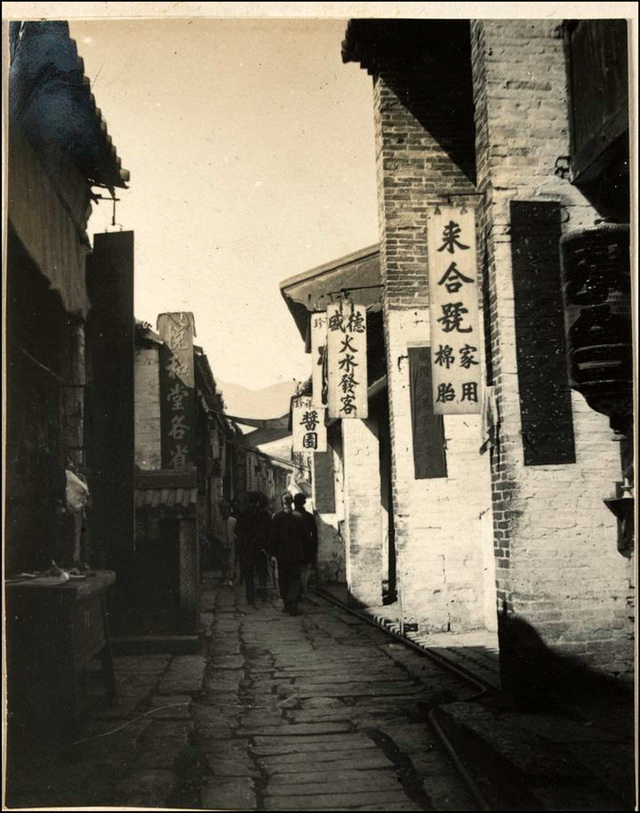
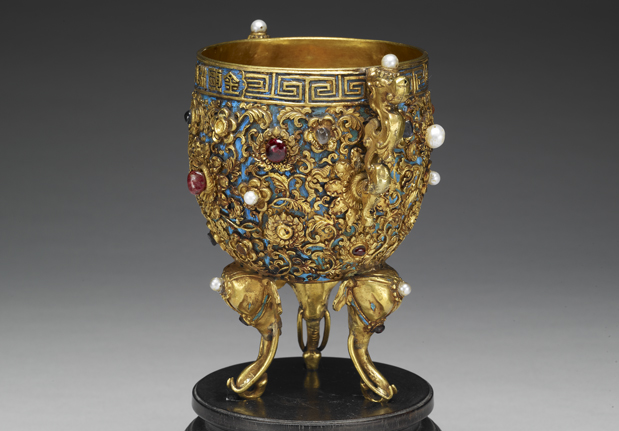
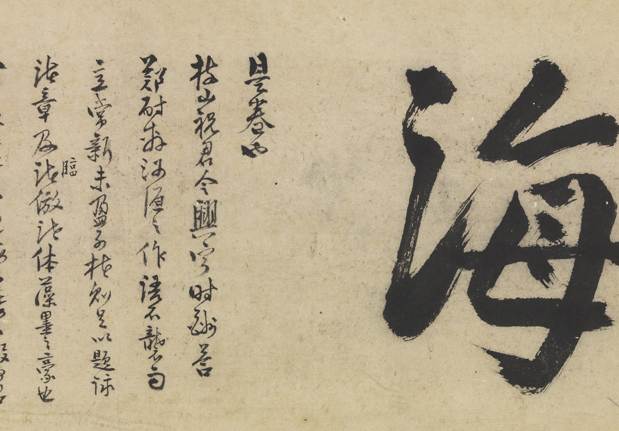
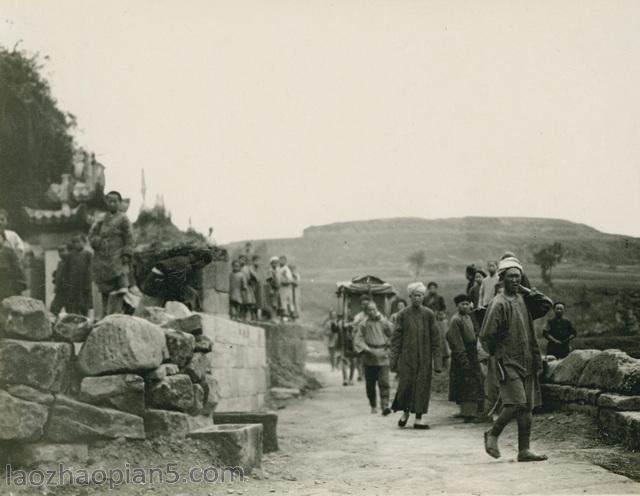
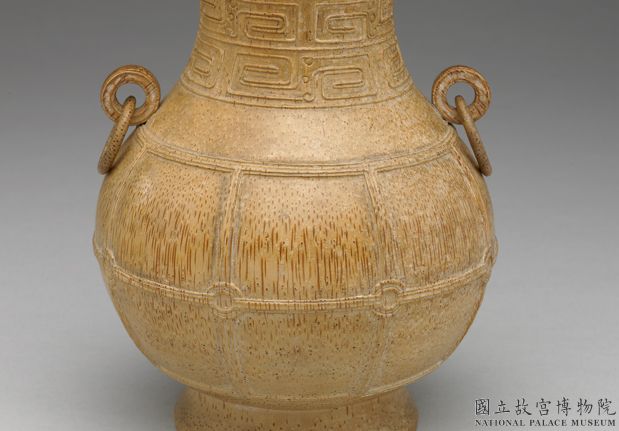
![[Qing Dynasty] British female painter—Elizabeth Keith, using woodblock prints to record China from the late Qing Dynasty to the early Republic of China—1915-China Archive](https://chinaarchive.net/wp-content/uploads/2022/11/image-191x300.png)